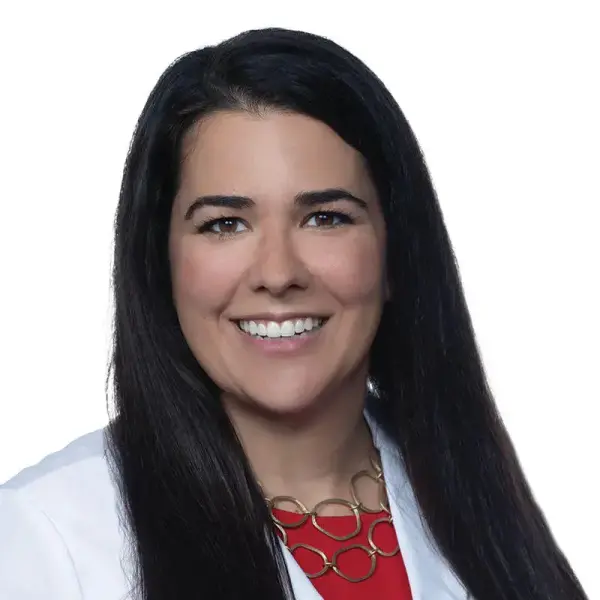

Celebrating Women's History Month: A look at women's health equity
-
- March 27, 2024
- Community
- 3 minute read
- Andria Medina, MD
- Mid-Del
March is Women's History Month, and healthcare providers across the country are celebrating this year's theme of "Women Who Advocate for Equity, Diversity, and Inclusion" by empowering women to make the best possible health decisions.
Many studies show that self-advocacy improves fitness, nutrition and overall wellness outcomes for women. To achieve this, nurses, physician assistants and doctors like myself should be in favor of more open, honest and fair conversations between patients and health providers. At ArchWell Health, where I see patients, we believe this has the power to transform households and whole communities — from generation to generation.
How does health inequity affect women?
Even though today’s medical science and tech is incredibly advanced, there are still a lot of obstacles on the path from symptoms to solutions — especially for women. Here are two examples where we see health inequity for women:
According to the American Heart Association’s (AHA) Go Red for Women campaign, women are not represented enough in research and clinical trials.
The AHA also says there are many factors that keep women from living a healthy lifestyle and being able to find quality, affordable healthcare — even though the risk factors for cancer, autoimmune diseases, stroke and heart disease are higher for women than men.
How can we close the health equity gap?
According to the Centers for Disease Control and Prevention (CDC), achieving health equity requires ongoing efforts from all people to address the gaps — past and present. At the same time, girls and women from 10 to 110 can help by moving from awareness into action. Here are some simple action steps you can take:
1. Know your health story.
Improving health literacy is a great place to start. On a personal level, you can help yourself by asking about your family's history of chronic illnesses. Knowing what diseases and conditions you're more likely to experience can help you know how to prevent them.
2. Find wellness options in your community.
Learn about affordable healthcare options, preventative care and evidence-based treatment. Make strong social connections, get fitness support and try nutritional coaching (we help with all of these things at ArchWell Health), so you can make the best health decisions today and for the future.
3. Lean on expert resources.
Making health decisions may seem scary or overwhelming, but don’t let that keep you from asking for better care! You know yourself best, but you may need expert tips on what questions to ask and how to find quality care. Don’t know where to start? Check out ArchWellHealth.com/news and try other reputable sites like AARP, the National Institute on Aging, American Heart Association and Alzheimer's Association.
As women age it can be particularly challenging to advocate for themselves in a medical setting. And because your health is changing, it is more important than ever to feel comfortable with your doctor.
Primary care for older adults is our specialty at ArchWell Health, so those looking for a primary care doctor for older women should consider how our longer appointment times and specialized senior care can help women over 60 feel empowered and heard.

About the Author
Andria Medina, MD, Market Medical Director - Oklahoma
For Dr. Medina, joining ArchWell Health was like coming home. She grew up just three blocks from the location where she now practices. With both her medical degree and a doctorate in Biochemistry and Molecular Biology, she spent seven years on the University of Oklahoma faculty. She joined ArchWell Health because of its commitment to top-notch care for seniors. In her free time, Dr. Medina likes to paint and experiment with different art mediums.
Become an ArchWell Health Member today!
Joining ArchWell Health is easy. Just click the link below to get started. Before you know it, chair yoga class will be your weekly jam!